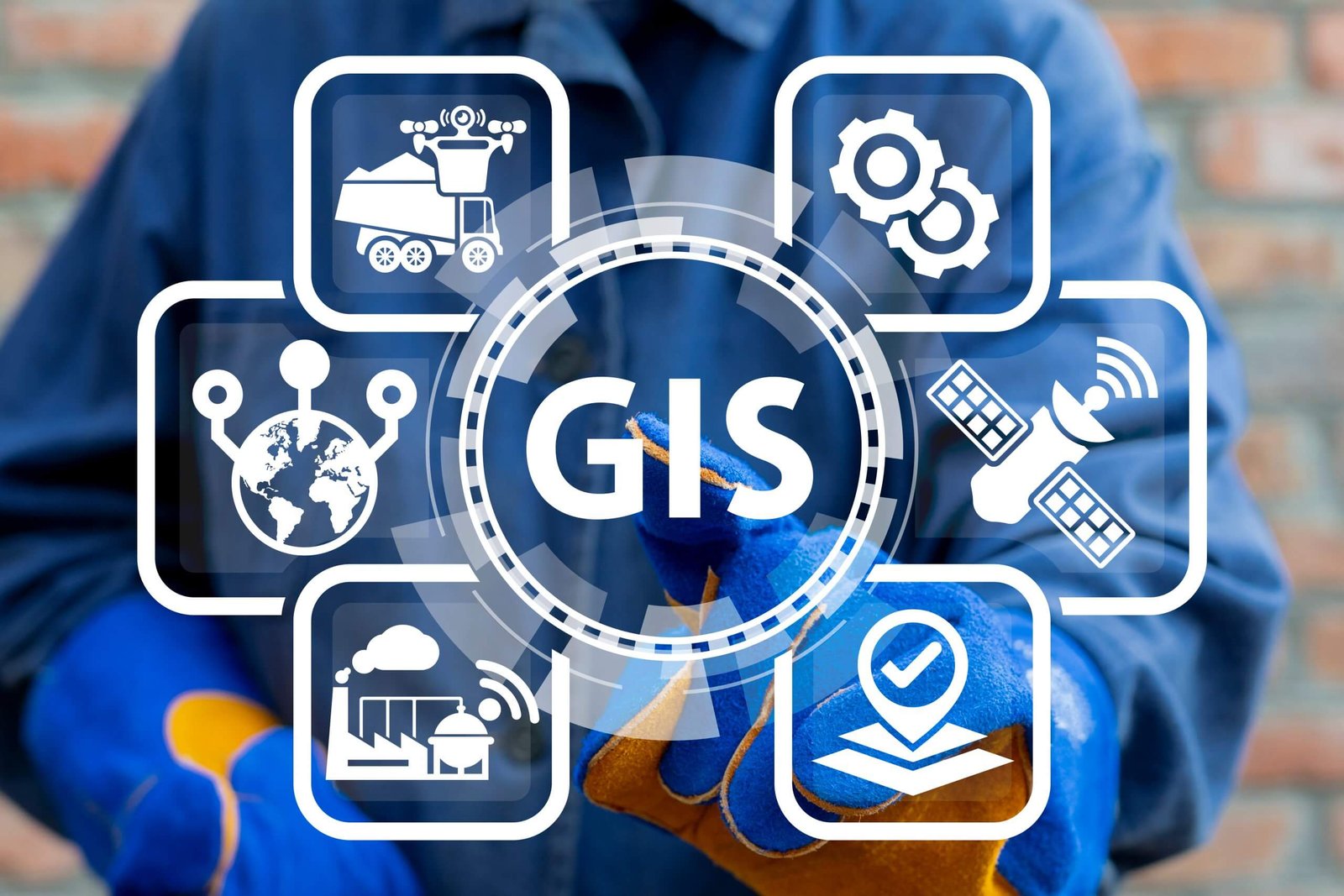Geospatial Analysis with QGIS
With no prior experience, you will have the opportunity to walk through hands-on examples with real-world geospatial data, making complex ...
Show more
Instructor
Ibrahim Foday
- Description
- FAQ
- Reviews

Who is this program designed for?
This program is ideal for students, professionals, or enthusiasts interested in geospatial analysis, regardless of prior experience. Beginners will gain foundational skills, while experienced users can refine their expertise.
Is the program really free?
No! Our Geospatial Analysis with QGIS program is available at a low price, making it accessible to anyone eager to learn and grow in this field.
What will I need to get started?
All you need is a computer with QGIS installed. You'll also require a stable internet connection for accessing learning materials and participating in collaborative activities.
How long does the program take to complete?
The program is designed to be flexible, allowing participants to complete it at their own pace. On average, it may take a few weeks to finish, depending on your schedule and commitment.
Can I access support during the program?
Absolutely! We provide guidance through interactive sessions, forums, and mentorship opportunities to ensure that all participants have the support they need.
Please, login to leave a review








